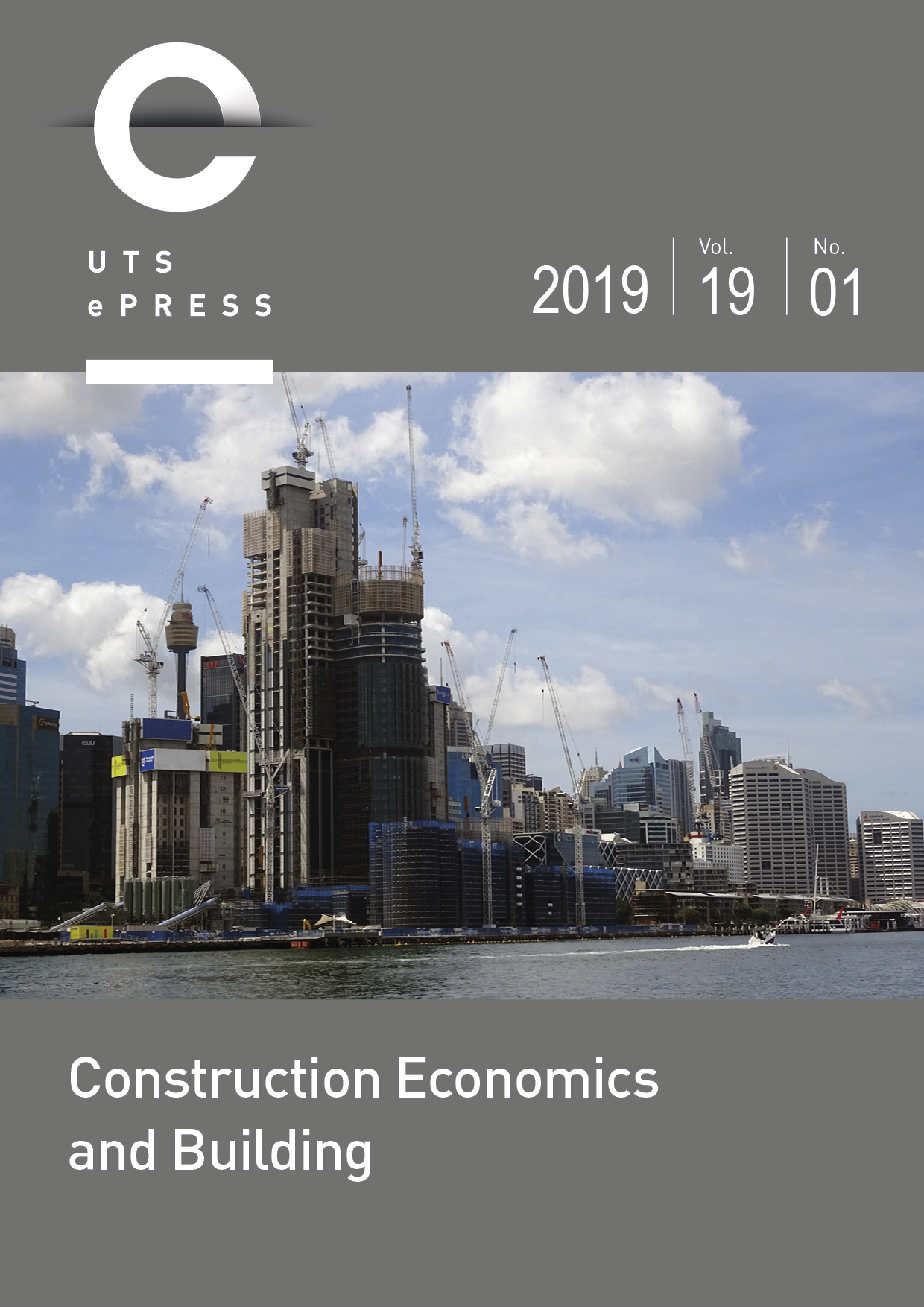Prequalification in municipal solid waste management public-private partnerships of India
Main Article Content
Abstract
Prequalification (PQ) is a significant process in the selection of private sector for the delivery of civil infrastructure projects. But, the extant literature, for the most part, focused on PQ of construction projects. The need for setting proper PQ, i.e., criteria and corresponding limits in public-private partnership (PPP) infrastructure projects, especially municipal solid waste (MSW) projects is still a lacuna in the body of knowledge of Indian PPPs. To this end, this paper identified PQ criteria using content analysis of the sample of MSW projects. These identified criteria were subjected to regression modeling. These results were compared with the results of well-matured highway sector to draw comparison with MSW projects. The practical implications are that urban local bodies (ULBs) are but less competent and less uniform in the rationale of setting the PQ criteria and limits. This paper suggests that lowering the technical and financial PQ limits considering the market orientation will help in bringing more competitive bidders into the bidding. Since MSW is in a very nascent stage of application of PPP, the study results could lay directions for future project procurement to discern right limits for right project sizes.
Article Details
Section
Authors who publish with this journal agree to the following terms:
a) Authors retain copyright and grant the journal right of first publication with the work simultaneously licensed under a Creative Commons Attribution License that allows others to share and adapt the work with an acknowledgement of the work's authorship and initial publication in this journal.
b) Authors are able to enter into separate, additional contractual arrangements for the non-exclusive distribution of the journal's published version of the work (e.g., post it to an institutional repository or publish it in a book), with an acknowledgement of its initial publication in this journal.
c) Authors are permitted and encouraged to post their work online (e.g., in institutional repositories or on their website) prior to and during the submission process, as it can lead to productive exchanges, as well as earlier and greater citation of published work (See The Open Access Citation Advantage Service). Where authors include such a work in an institutional repository or on their website (ie. a copy of a work which has been published in a UTS ePRESS journal, or a pre-print or post-print version of that work), we request that they include a statement that acknowledges the UTS ePRESS publication including the name of the journal, the volume number and a web-link to the journal item.
d) Authors should be aware that the Creative Commons Attribution (CC-BY) License permits readers to share (copy and redistribute the work in any medium or format) and adapt (remix, transform, and build upon the work) for any purpose, even commercially, provided they also give appropriate credit to the work, provide a link to the license, and indicate if changes were made. They may do these things in any reasonable manner, but not in any way that suggests you or your publisher endorses their use.
